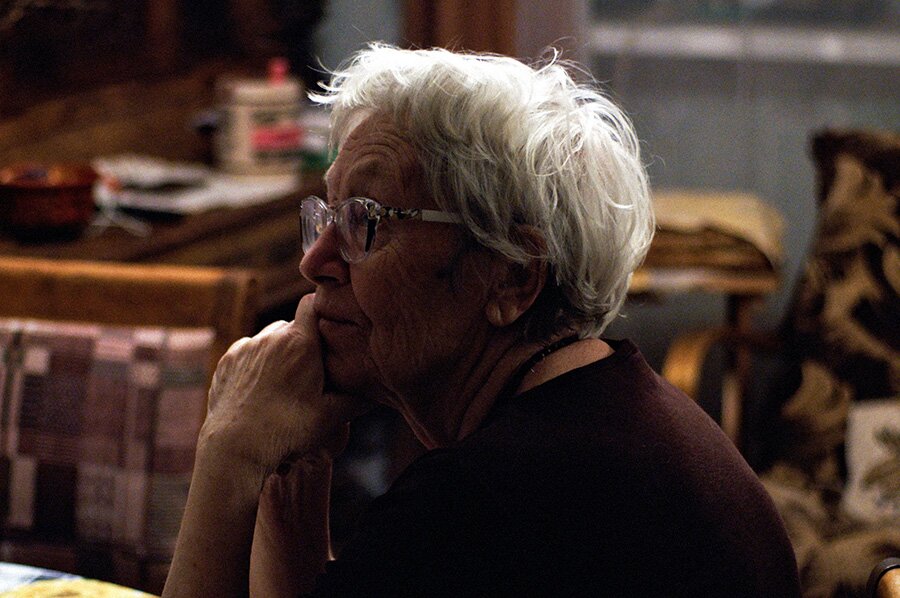Combating Senior Loneliness After the Loss of a Spouse
After the loss of an elderly loved one, their spouse can feel incredibly lonely. After spending a long time with a partner, losing a spouse can be difficult. For many, this is a time of learning to live on their own. After relying on a partner for many years, it can be difficult to face the challenge of isolation. When grief is compounded on top of that, it can be even harder. This article will discuss ways you can help your loved one feel less isolated after the loss of their spouse, and how to help them adapt to living on their own.
New Responsibilities
Most spouses share responsibilities. However, it is not uncommon for widows and widowers to be overwhelmed by responsibilities after their spouse passes. Grief along with this added stress can be crippling to the surviving spouse. These responsibilities may include chores, bill management, and even basic tasks around the house. For example, it is not uncommon for some elderly individuals to not know how to cook or do laundry after relying on their spouse to do these tasks for decades. Help them by guiding them through these new tasks, and assisting where possible. Try to teach them how to do it themselves, so they can feel more independent.
Spending More Time With Them
If you can, try to spend more time with your loved one. This can be helpful for both of you when dealing with your grief. But it is especially important for them. After losing a lifelong partner, it can be easy to feel alone and isolated. Keeping them company is a great way to fend off loneliness. Coordinate with other family members or close friends to make sure that your elderly loved one isn’t feeling isolated. Visits with the grandkids can be cathartic for surviving grandparents.
Grief Counselling
Your loved one may benefit from grief counseling if they are willing to explore it. A trained grief specialist can help your loved one work through feelings of grief, and the changes to their daily life associated with the loss of their spouse. There are a number of options available to them, such as therapists, counselors, or support groups.
Be Patient With Them
It can be frustrating to deal with major changes in lifestyle, especially when also dealing with grief. It is important to be patient with your elderly loved one during this time. Everyone grieves differently. A little patience can go a long way during this time.
Consider Hiring Help
Many elderly individuals need assistance around the house. Consider hiring a home health aide or other senior companionship services. This can be helpful for combatting loneliness, while also providing assistance to your loved one throughout the week. For families that live further away, or have busy work schedules, hiring assistance for your elderly loved one can be a good way to ensure their needs are met.
Don’t Forget About Yourself
It can be easy to forget about your own needs when dealing with grief. This is especially true if you are trying to help others in your life through this difficult time. But, it is also important not to let your own needs go unnoticed. Take time for yourself, and work on processing your own feelings too.
The author of this post is not a professional therapist or counselor. For assistance in finding a grief counselor that is right for you, there are a number of resources out there. For our Grief Resource Center, written by Dr. Bill Webster, click here.
For over 50 years, Matthew Funeral Home has been serving the Staten Island community. We can help with almost every aspect of your loved one’s memorial service. Our family is here to serve yours, every step of the way.
 (718) 761-5544 |
(718) 761-5544 |  matthewfh@matthewfuneralhome.com |
matthewfh@matthewfuneralhome.com |  2508 Victory Boulevard, Staten Island, NY 10314
2508 Victory Boulevard, Staten Island, NY 10314








 matthewfh@matthewfuneralhome.com
matthewfh@matthewfuneralhome.com
Comments